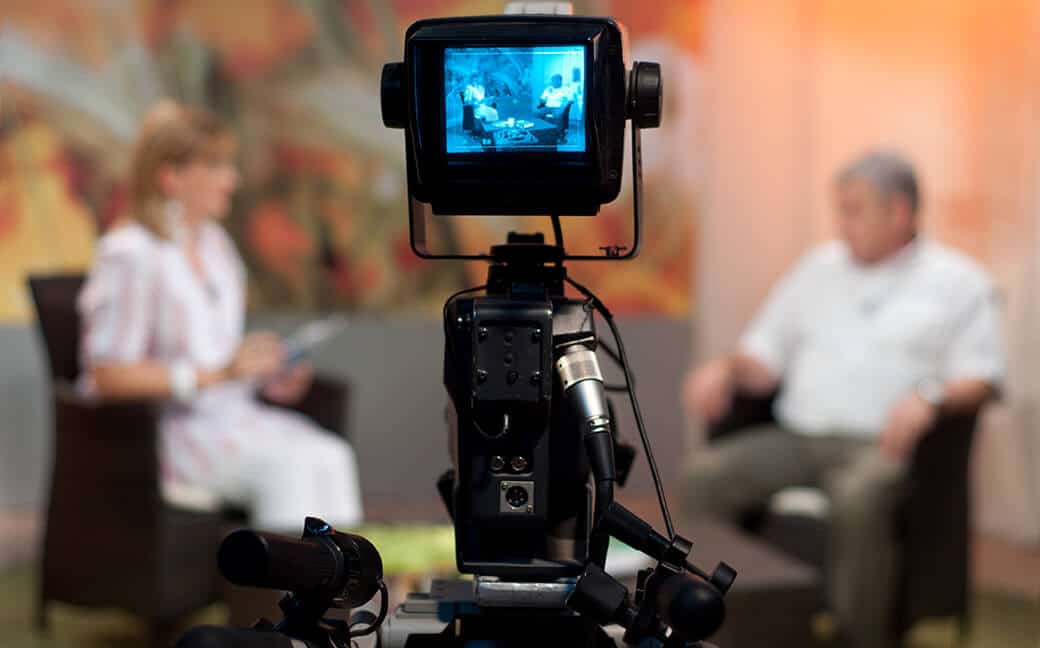News flash for all enterprising quantum and deep-tech startups: publishing a press release is only the first step in announcing significant news from your company.
Yes, it’s an adventure to get the press release just right and approved by all the right people. But the key to getting journalists and analysts to write about a new partnership or scientific advance or product enhancement is securing and conducting an interview about the announcement. This could be an email Q&A, a phone call or a video interview — any one of these formats will add context and details to your release.
As you prepare the release, think about the best spokesperson for the news. A top executive may be your initial choice, but it’s smart to be selective about when to pull out the big guns. It’s also a good idea to make sure that people at all levels of your organization have media training and are comfortable talking to reporters. When a journalist wants a comment on short notice, you’ll have better odds of finding someone who can respond.
Once you’ve got the release ready and the spokesperson identified, it’s time to help that person prepare for the interview. This doesn’t have to be a laborious process; a little research and a short conversation will usually do the trick. Any prep work will boost the individual’s confidence and make them more comfortable during the actual interview.
Do a quick background check
You don’t need to know the reporter’s credit score, but it is a good idea to scan the headlines of a few recent articles. Start with a LinkedIn search and then try the website formerly known as Twitter. Spending a few minutes perusing the writer’s professional history will give you a sense of the topics he or she has covered recently. Also, since you will likely be discussing a highly technical topic, this scan should help you determine if you should provide a 50,000-foot overview of the topic or get into more nitty-gritty details.
If you have a PR agency or an internal PR person, they should provide you with a background brief that covers these topics.
Prepare 1 – 2 top talking points
If the interview is 30 minutes, you won’t have time to cover more than a few critical topics. Identify the most important messages you want to communicate. These could take several forms:
- Thought leadership about the direction of the industry
- Comments on the impact of trends
- Reaction to a news story
- Company news
- Explanation of a scientific discovery
You will most likely discuss only one of these topics in a 30-minute interview. Organize your thoughts ahead of time and prioritize the subjects that are most important to cover. Review the list with your comms person or a colleague and use the feedback to refine your message.
Don’t forget the details
It’s good to start with the big picture, but your comments will be stronger if you can share some of the nuts and bolts as well. Details add depth to the story and make for more interesting reading. Think about your key messages and identify a few details that you can share about one of these points. Data points are often most helpful — size of a problem, number of people affected, potential market share — but any additional context is good, such as:
- Customer feedback that shaped a product or service
- Predictions for early adopters of your solution
- Statistics about a problem your company is solving or will solve in the future
- Personal experience with the topic
You don’t have to give away any trade secrets or share TMI — just think about details you can provide to make your comments stand out in a reporter’s mind.
Practice your replies
It’s natural to get nervous during an interview, no matter how many or how few times you have been through the process. If you’re explaining a complex topic or describing a new direction your company is taking, write down your comments and practice them a few times. You can do this alone or with a colleague. Saying your responses aloud may help you spot awkward phrasing and make a few revisions as well.
Keep an open mind
It’s always good to expect the unexpected. Even when a journalist supplies interview questions in advance, they are likely to ask additional, or different questions. Be prepared for that. Do your best to reply and don’t hesitate to say, “I’ll get back to you on that,” if you don’t have an answer. The more interviews you do, the easier it will be to think on your feet and come up with good replies.
Have an answer ready for the “Anything else?” question
Near the end of an interview, a reporter may have a follow-up question about a topic you’ve already covered or want to explore something new. If an interviewer gives you an opening to share a final comment, be proactive and introduce a thought you want to add. Don’t worry if the topic isn’t connected to your central points — this is your chance to share information that is important to you. Your closing comments could spark a new story idea for the reporter.

